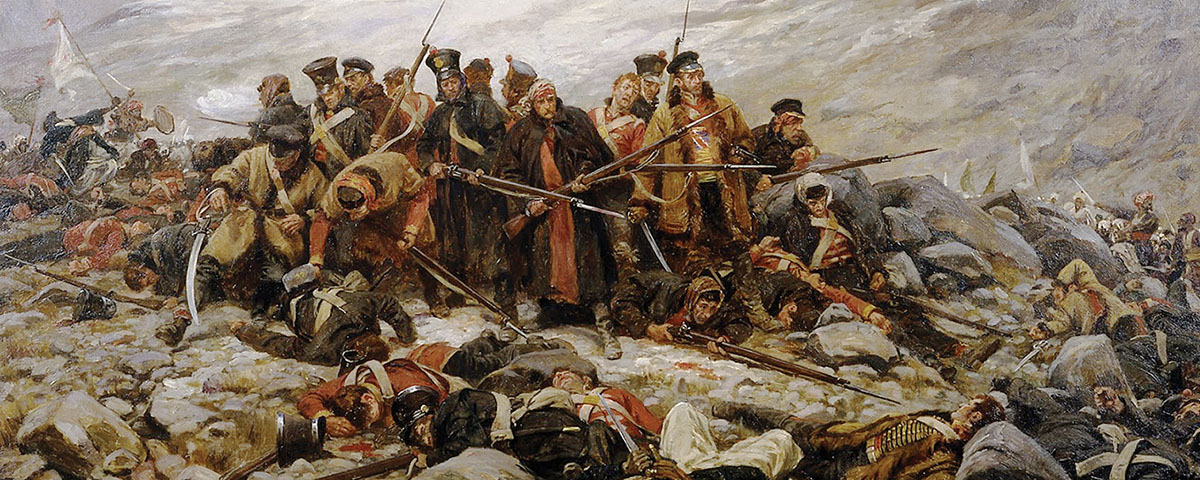In 1839 the British invaded Afghanistan, aiming to replace a Russian-leaning emir with one more amenable to Crown interests in India. That August the British-Indian Army of the Indus entered Kabul and put a puppet ruler on the throne. Declaring victory and withdrawing most of their army, the British ignored Afghans’ resentment toward both the emir and the occupiers.
To house the remaining force, the British built a cantonment outside Kabul in a position surrounded by hills, compounding that poor decision by establishing a supply depot well outside the cantonment. In 1841 they doubled down, placing the garrison under ailing, indecisive 59-year-old Maj. Gen. William Elphinstone, who had last seen combat at Waterloo—27 years earlier.
The British maintained control through the threat of force and by paying bribes to tribal leaders. But their insensitivity about local culture and ignorance of tribal politics did little to endear them to the Afghan people, and when they ended the subsidies, the simmering resentment flared into outright rebellion.
On Nov. 2, 1841 a mob stormed the Kabul house of the British deputy envoy and killed him, while 4,500 nearby soldiers failed to intervene. Emboldened by British passivity, the mob looted the supply depot. While Elphinstone pondered his options, the rebels cut his supply line to India and attacked isolated outposts. In late November a British detachment tried in vain to push rebel snipers off the surrounding hills, leaving behind their dead, their wounded and their honor.
Attempts to reinforce the garrison were stymied by snow-filled mountain passes controlled by the enemy. Lacking supplies, initiative and confidence, Elphinstone resolved to abandon Kabul and—under a rebel promise of safe passage—move his force 75 miles east to the British post at Jalalabad. Ominously, during negotiations the rebels murdered the chief British diplomat. Elphinstone’s weak reaction was to send another envoy to complete the surrender.
On Jan. 6, 1842, a column of 16,500 soldiers and civilians marched from the cantonment in deep snow and subzero temperatures. Afghan tribesman immediately attacked the rear guard and looted the supply train. The column covered scarcely 6 miles the first two days, many perishing from enemy fire or the cold. The few organized armed units were unable to mount a defense, as civilians clogged the route. On the third day the British entered a narrow 4-mile pass and suffered some 3,000 casualties as tribesmen sniped from above. Lacking tents, food or fuel, the column became a mob. Over the next two days scores of British officers and their families surrendered, while the Afghans ruthlessly slew their sepoy servants. Elphinstone himself was seized while seeking to negotiate safe passage.
Within six days of leaving Kabul most of the 12,000 civilians and 4,500 soldiers had perished. On January 13 a single exhausted horseman—Assistant Surgeon William Brydon—rode into the British garrison at Jalalabad. Questioned about the fate of the army, he is said to have replied, “I am the army.”





